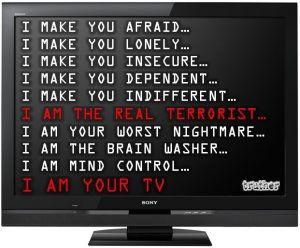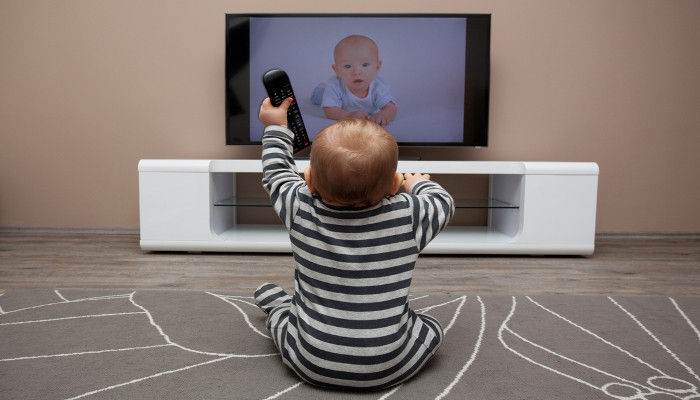The Well-Liked Enemy!
- Apr 26, 2017
- 3 min read
Television!

Television plays a mass role in many lives, but more so can affect children the worst. As a child television is this external box that showcases many things. The TV show characters are often depicted as fiction rather than non-fiction.
‘’Research has found that many young children believe that TV characters actually live inside their TV sets. This can confuse your child’s understanding of the world." “Experts say that babies and young toddlers see television as a confusing array of colors, images and noises. Children under age two won’t understand much of the content they see on TV and it takes time away from more productive exploring, such as interacting with others” , (Pantley, 2010).

Children also are in their imitation stage where you pretend to be or do things you seen. Television will expand a child’s thought but not in the way it should expand. It will slow a child down brain development because it’ll consume their brain so much that daily activities will become objectified by the child. Television doesn’t seem like it can harm anyone, like it can’t cause many problem but it does.
"The study confirms that television exposure at a young age is a sedentary activity both on an intellectual level and on a physical level," (Dr. Zimmerman, 2010).
Dr.Zimmerman once conducted a study to test the independent effects of television viewing in children before age 3 years and at ages 3 to 5 years on several measures of cognitive outcomes at ages 6 and 7 years. He concluded that there are modest adverse effects of television viewing before age 3 years on the subsequent cognitive development of children. These results suggest that greater adherence to the American Academy of Pediatrics guidelines that children younger than 2 years not watch television is warranted.

Television can affect a child’s ability to focus. "Too much TV is associated with less engagement in classroom activities, less exercise on weekends, and a higher chance of being picked on by classmates in the fourth grade’’, ( Rettner, 2010 ).
The amount of television consumed can not affect thinking process but also communication skills, appearance, attitude, manners, etc. "Television is a passive intellectual activity, television is a passive physical activity." 'And when it occurs early on, during the time that brain expansion is going on, during the time when lifestyle habits and preferences are talking place — they're kind of crystallizing — it can have extremely negative long-term effects." Research Analysis Pagani told Live Science.

Parents often think that educational shows will widen a child’s knowledge although it can but if they watch too much they will start to believe that’s all they need to succeed in life, is that educational show. When a growing child their brain isn't fully developed and the long-term influences from television can cause him/her to become dysfunctional. Or possibly start to showcase a series of irrational behaviors. Believe it or not television correlate to but not the root of laziness, obesity, poor social development, restless, attention problems and aggressiveness. If you allow your child to become comfortable with watching T.V and all of sudden you try to stop them you will see them display rowdiness and followed by uncontrollable emotions.

You have to monitor them with their television consumption. As a parent you have the power to controlling how much they are allowed to watch it can help them later on in life. Once a child gain interest in a show on television it’ll have their eyes glued, and they’ll lose track of time and interest of getting outside to play, which will eventually cause obesity. Many obese children watch more T.V than they actually should. Children also can lose a lot of sleep when television is a part of their day. They are willing to stay awake passed their bedtime to watch a show, or videos.



















Comments